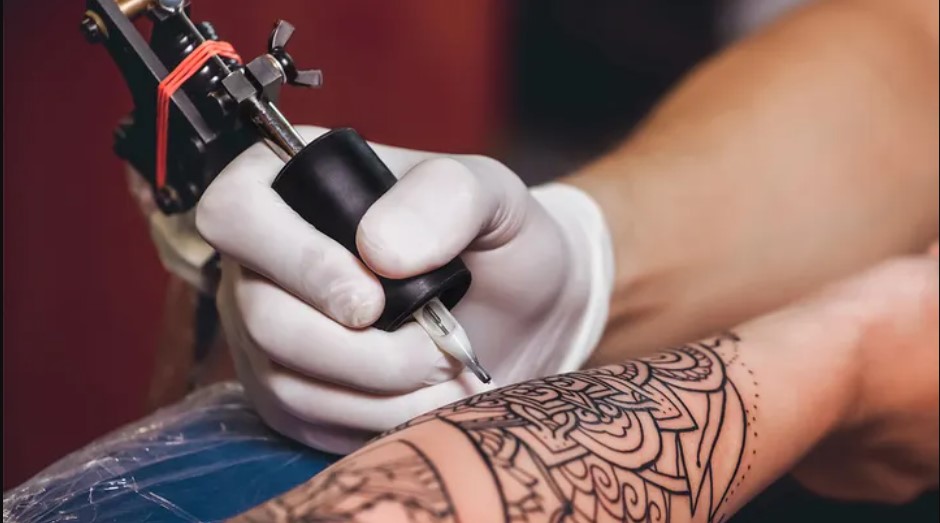Calls for Ukraine
Calls for Europe
Calls for USA

According to the results of an observational study among Swedish residents, the risk of developing lymphoma, a type of blood cancer, increased by 21% when tattoos were inked.
Researchers from Lund University (Sweden) analyzed data from the Swedish National Cancer Registry and found that the size of the tattoo had virtually no effect on the risk of developing cancer. The results of the study are published in the journal eClinical Medicine.
Although scientists were already aware of the potentially carcinogenic properties of some tattoo inks, the authors of this study said that their effect on cancer risk remains unexplored, which prompted them to conduct this study.
First author Christel Nielsen, PhD, an associate professor at Lund University in Sweden, explained to Medical News Today:
“Over the last 10 years, especially in Europe, there has been quite a lot of attention paid to the chemical composition of tattoo ink. Tattoo ink often contains chemicals that are known to cause cancer in other situations, such as in people with occupational exposure. We also know that ink is transported from the skin by the immune system as the body tries to remove ink particles that it perceives as something foreign that shouldn’t be there. This process has been shown to result in the pigment traveling to the lymph nodes and being permanently stored there.”
“We wanted to connect the dots and understand how our health is affected by the permanent storage of potentially toxic chemicals in the immune system,” she said.
Within 2 years of getting a tattoo, the risk was 81% higher in people with tattoos than in people without tattoos, the researchers found. This risk decreased between the 3rd and 10th year after tattooing, and then increased to 19% after 11 years.
Overall, participants with tattoos had a 21% higher risk of developing lymphoma than people in the control group. Tattoo size had no effect on the risk of developing lymphoma.
Various lifestyle factors, including smoking and socioeconomic status, were taken into account when analyzing the study data. Although tattoos themselves have been recognized as a risk factor for lymphoma, additional lifestyle factors associated with tattooing (e.g., smoking, substance use) may also contribute to increased risk.
When getting a tattoo, people are not only exposed to ink, but also to the risks associated with the needle.
There is a risk of hepatitis C transmission through tattoo needles that are not properly sterilized, and there is a link between hepatitis C and an increased risk of non-Hodgkin’s lymphoma
Regarding the risk of blood cancer, the researchers said that certain viruses could be the likely cause of lymphoma, but, they said, “Swedish tattoo artists are very well educated in terms of safety and hygiene, so this is unlikely to explain the findings.”
Please rate the work of MedTour
